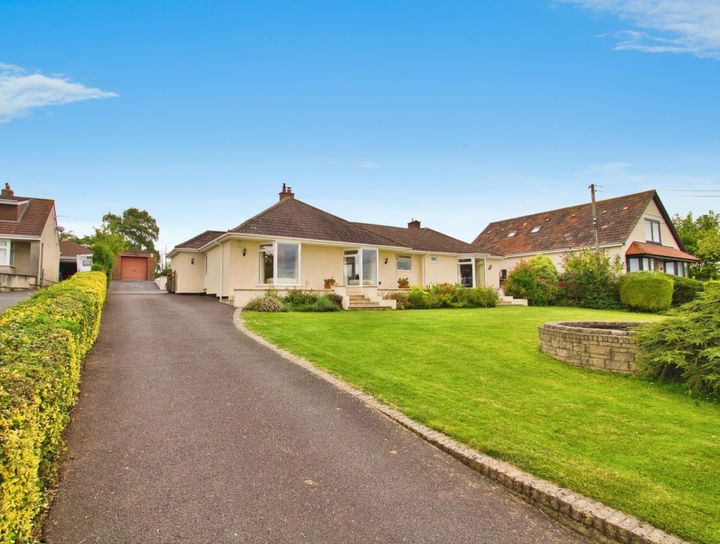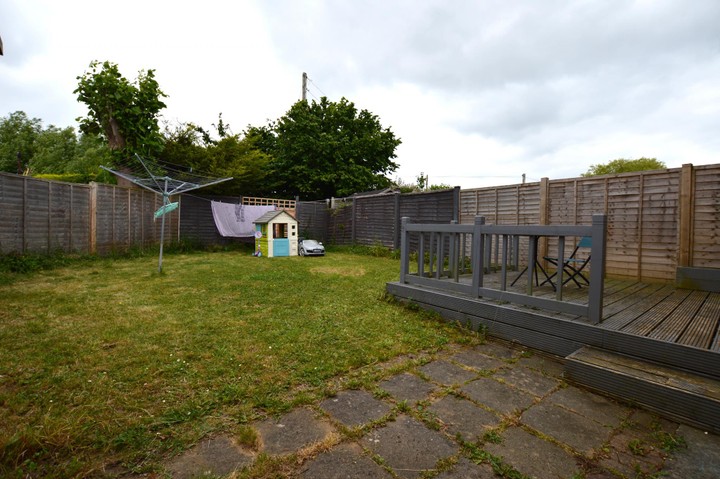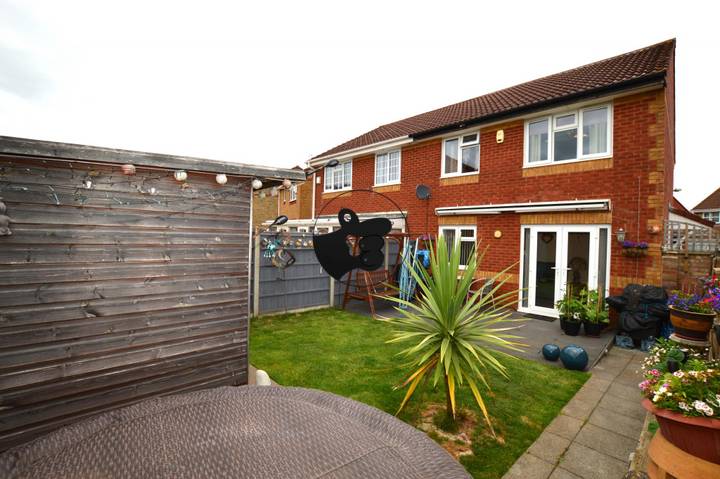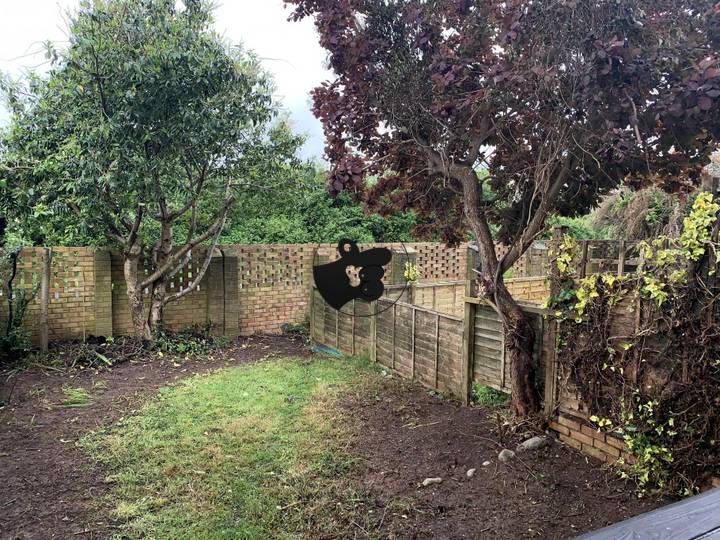Several factors influence real estate prices in Bridgwater. Local economic conditions play a significant role; for instance, the presence of major employers like the Hinkley Point C nuclear power station has attracted a workforce, driving demand for housing. Additionally, the town’s connectivity through transport links, including the M5 motorway and a train station providing easy access to larger cities like Bristol and Exeter, enhances its appeal to commuters, thereby impacting property values. The availability of amenities, such as schools, parks, and shopping facilities also contributes to desirability; families often seek homes in areas with quality educational institutions, which can push prices higher. Furthermore, local government policies, including zoning regulations and development plans, can either constrain or encourage new housing projects, affecting supply and thus influencing market prices. Lastly, economic trends like inflation and interest rates, which dictate borrowing costs, have direct implications on purchasing power and investment activity in the local property market.
Bridgwater
Location
Price Range
Any price
Price Range
Minimum
No min
Maximum
No max
Property type
Show all
Property type
Show all
House
Apartment
Building
Other
Bedrooms
Any beds
Bedrooms
Minimum
No min
Maximum
No max
Surface Range
Any surface
Surface Range
Minimum
No min
Maximum
No max
Sale type
For sale
Sale type
Show all
To rent
For sale
Location
Apartments and houses for sale in Bridgwater
4 results
Recent
Bridgwater insights
| Aspect | Summary |
|---|---|
| Population | Around 45,000 residents |
| Average Property Price | £250,000 |
| Rental Yield | 5.5% |
| Average Rent | £1,200 per month |
| Occupancy Rate | 92% |
| Capital Growth Rate | 3% annually |
| Property Tax | Varies by band; average £1,500 |
| Transaction Costs | About 4-5% of property value |
| Expected ROI | 7-10% including appreciation |
| Economic Growth Impact | Stable with local industry growth |
Bridgwater FAQ
What factors influence real estate prices in Bridgwater?
How have real estate prices in Bridgwater changed over the past few years?
Real estate prices in Bridgwater have experienced a notable increase over the past few years, driven primarily by demand and a growing population. For instance, in 2020, the average house price in Bridgwater was around £210,000, but by 2023, this figure rose to approximately £250,000, reflecting a nearly 19% increase. The influx of homebuyers, attracted by the town's affordability compared to neighboring cities like Taunton and Bristol, has fueled this trend. Additionally, developments such as the Hinkley Point C nuclear power station have drawn workers to the area, further straining the housing market. As new residential projects continue to pop up, such as the Belvedere Gardens and the proposed developments on the outskirts, the landscape of Bridgwater is changing, influencing both prices and the overall character of the community.
What is the average price of homes in Bridgwater?
The average price of homes in Bridgwater, United Kingdom, typically ranges from around £200,000 to £300,000, depending on the property type and location within the town. For instance, a three-bedroom semi-detached house in a suburban area may be priced around £250,000, while a larger four-bedroom detached home could command upwards of £350,000. Additionally, more affordable options include two-bedroom terraced houses, which can be found for around £180,000. Recent data shows an increase in house prices over the past few years, fueled by demand and the town's accessibility to larger urban areas such as Taunton and Bristol. Attractive amenities, schools, and parks in the region also play a role in shaping the local real estate market.
Are real estate prices in Bridgwater expected to rise or fall in the near future?
Real estate prices in Bridgwater are influenced by several factors that could lead to fluctuations in the near future. Currently, there is a demand for housing driven by the ongoing development projects in the area, such as the Hinkley Point C nuclear power station, which is expected to create numerous job opportunities. This has led to an influx of workers and families seeking accommodation, potentially propelling prices upward. Additionally, with interest rates remaining relatively low, many buyers are motivated to enter the market, which can also drive up demand. Conversely, economic uncertainties, including inflation and potential increases in interest rates, could dampen buyer confidence and suppress demand, leading to a potential decrease in prices. The rental market in Bridgwater has also been robust, with rising rents prompting investors to buy properties, but if affordability becomes an issue for prospective renters, it could lead to a saturation of the market, affecting both rental and sale prices.
How do Bridgwater's real estate prices compare to nearby areas?
Bridgwater's real estate prices are generally more affordable compared to nearby towns such as Taunton and Weston-super-Mare. As of late 2023, the average property price in Bridgwater hovers around £230,000, while Taunton's average is closer to £310,000, reflecting a considerable price difference. In Weston-super-Mare, which is situated along the coast and has seen significant demand for holiday accommodations, average house prices can exceed £350,000. This disparity may be attributed to Bridgwater's location, which offers good transport links and proximity to major employment hubs, yet lacks the seaside appeal that boosts prices in coastal towns. Additionally, Bridgwater's housing stock features a range of properties, from affordable terraces to larger family homes, which can provide a more diverse market compared to the higher competition in surrounding areas. The town's ongoing developments and regeneration projects also influence the local real estate landscape, balancing affordability with potential future growth.
What types of properties are generally more expensive in Bridgwater?
In Bridgwater, properties closer to the town center and those situated near waterways typically command higher prices. Victorian and Georgian terraced houses, often with original period features, attract buyers willing to pay a premium due to their character and proximity to local amenities. Additionally, modern developments such as the homes in the newer residential areas like the "Bower Estate" tend to be more expensive, offering contemporary designs and energy-efficient features. Properties with larger gardens or those in desirable neighborhoods like Hamp and Westonzoyland Road also see elevated prices, reflecting demand for more space and attractive living environments. Furthermore, converted commercial properties, such as former warehouses transformed into residential units, add to the mix of expensive options due to their unique designs and central locations.
How does the local economy impact real estate prices in Bridgwater?
The local economy of Bridgwater significantly influences real estate prices through various factors such as employment opportunities, infrastructure development, and the cost of living. With the ongoing regeneration projects, including the Hinkley Point C nuclear power station, the demand for housing has surged as workers flock to the area. This influx has put upward pressure on property prices, particularly in suburban neighborhoods. Moreover, Bridgwater's strategic location, offering accessibility to major transport routes like the M5 motorway, has made it an attractive option for commuters working in nearby cities, further driving demand in the residential market. The economic profile is also reflected in local amenities and services; as businesses expand and new ones open, the desirability of the area increases, which can elevate property values. For instance, the presence of retail parks and improved local schools enhances the attractiveness of certain neighborhoods, contributing to variations in real estate prices across the town.





